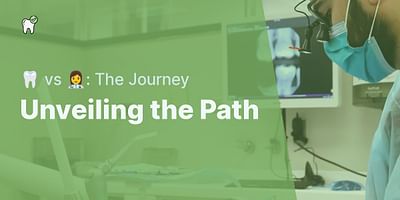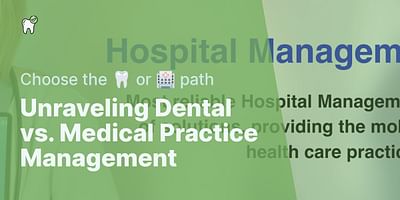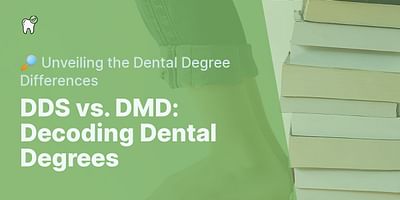Dr. David Lee is an oral and maxillofacial surgeon with a focus on complex dental surgeries. He is dedicated to providing his patients with the highest level of care and comfort during their procedures. In his free time, he enjoys playing basketball and volunteering at his local community center.
Answer: The terms "dentist" and "dental surgeon" are often used interchangeably, but there are some key differences between the two. Let me break it down for you.
A dentist is a healthcare professional who specializes in the prevention, diagnosis, and treatment of oral health issues. They typically work in private practices, clinics, or hospitals, and provide a wide range of dental services to patients of all ages. Dentists are responsible for performing routine dental procedures such as cleanings, fillings, and extractions. They also diagnose oral diseases, develop treatment plans, and educate patients on proper oral hygiene practices. To understand more about the roles and responsibilities of a dentist, you can refer to this comprehensive guide.
On the other hand, a dental surgeon is a dentist who has undergone additional years of training and education to specialize in surgical procedures involving the mouth, jaw, and face. Dental surgeons, often referred to as oral and maxillofacial surgeons, are highly skilled in performing complex surgical procedures such as wisdom teeth extractions, dental implant placements, corrective jaw surgeries, and facial trauma reconstructions. You can learn more about the different dental specialties, including oral and maxillofacial surgery, in this comprehensive breakdown.
While both dentists and dental surgeons have similar educational backgrounds, dental surgeons undergo additional training to gain expertise in surgical techniques. This includes completing a residency program after dental school, where they receive hands-on training in oral and maxillofacial surgery. To get a better understanding of what a dental residency entails, you can read this detailed article.
The scope of practice for dental surgeons is broader than that of general dentists. Dental surgeons are trained to handle more complex cases that require surgical intervention, while general dentists focus on routine dental care and refer patients to dental surgeons when necessary.
It's important to note that not all dentists choose to specialize in oral and maxillofacial surgery. Many dentists prefer to focus on general dentistry or pursue other specialties such as orthodontics, periodontics, or pediatric dentistry.
In summary, the main difference between a dentist and a dental surgeon lies in their areas of expertise and the types of procedures they perform. Dentists provide general dental care, while dental surgeons specialize in surgical procedures involving the mouth, jaw, and face. Both play important roles in maintaining and improving oral health, and often work together to provide comprehensive care to patients.
If you're considering a career in dentistry, it's important to research and understand the different career paths available to you. Whether you aspire to become a general dentist, dental surgeon, dental hygienist, or dental assistant, Dentistry Guidelines is here to provide you with the information you need to make informed decisions about your future in dentistry.















